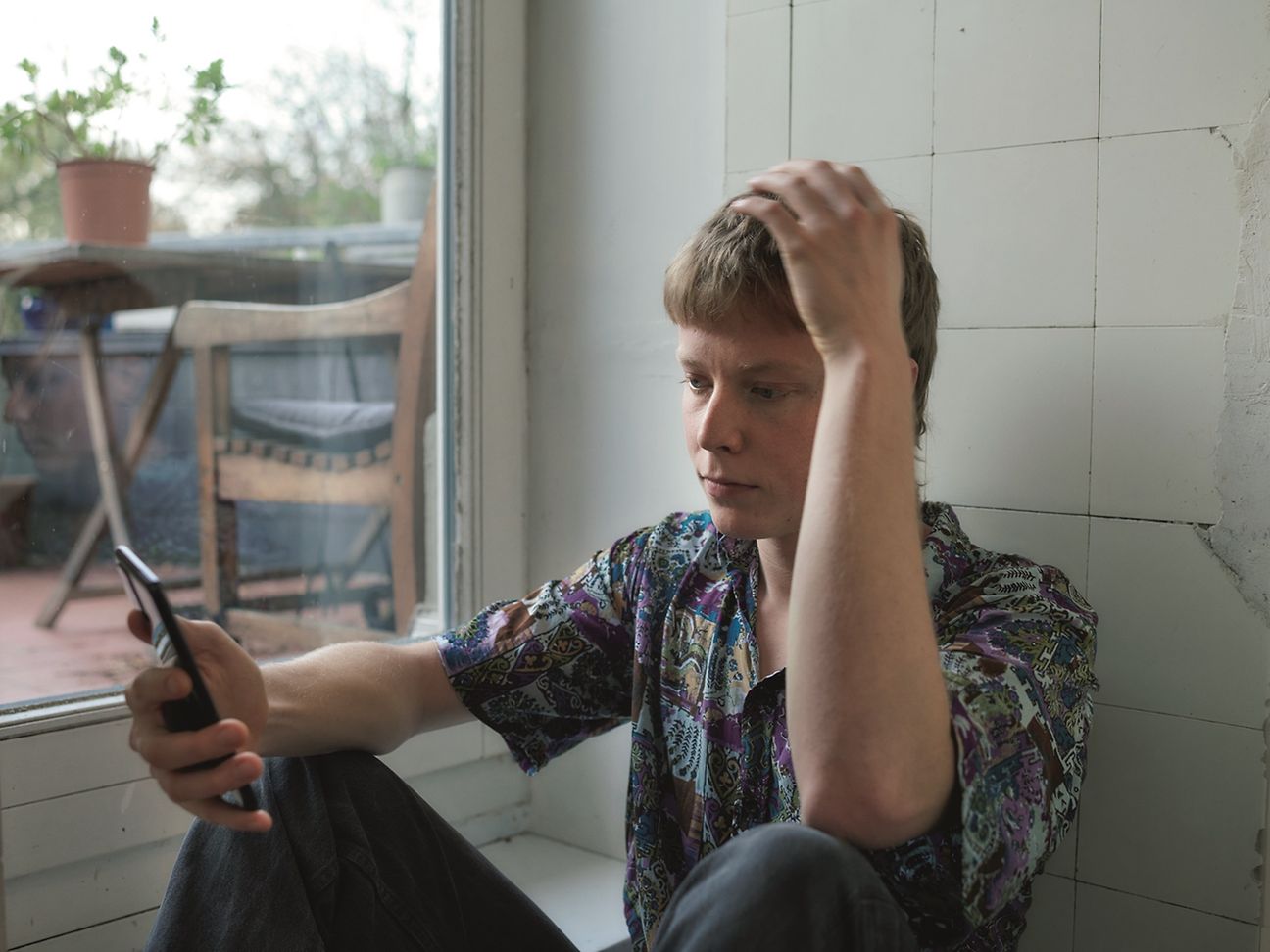

Whether in politics, nutrition, nature and the environment or entertainment - we can encounter fake news everywhere. And while some are immediately recognizable, with others the fake is difficult to distinguish from the truth. We present five platforms that expose fake news and train your own media skills.
#whatthefact
Hardly anyone would have thought it possible that Donald Trump would one day become US president. But despite all the sceptics, he was head of state of the USA for four years. During his time in office, Trump repeatedly accused the serious media of spreading "fake news". To all appearances, he himself used disinformation in his 2017 election campaign - and established these toxic methods among populists worldwide. For several years, #whatthefact, a project of the Nemetschek Foundation, has been fighting against all forms of fake news. And it does so in various ways: Interested parties can test their own knowledge with a fact test. Current facts are shared on Facebook and Twitter and a factual debate is promoted in the community. A blog collects the most important research results. Click here for the #whatthefact website.
Bad News
Want to play a game? Okay, let's go! Throw your morals overboard, take on the role of the bad guy and spread credible fake news to gain as many followers as possible. If you do well, there are even badges for identity fraud, emotion, polarization, conspiracy, infamy and 'trolling'!
What sounds macabre at first glance is actually a free browser game to train your media skills. Bad News was developed by the Dutch organisation DROG in cooperation with researchers from the University of Cambridge. The aim is to raise awareness of and deal with disinformation on the internet. The non-profit initiative Wissenschaft im Dialog gGmbH brought the game to Germany. Click here for Bad News.
CORRECTIV.Faktencheck (partner Deutsche Telekom)
CORRECTIV.Faktencheck is an independent editorial department of the non-profit research centre CORRECTIV. Eleven experts from journalism, the digital industry, politics, and research scrutinize potential misinformation. They check articles that are current, reach many people and can be potentially harmful. For this purpose, the team searches websites, blogs, videos, and social networks. Anyone who has discovered a false statement of fact can report it in the online tool or via WhatsApp (+49 151 / 17 53 51 84). It is best to add a link to the original content (e.g. YouTube video, website article or Facebook post). Click here to go to the CORRECTIV.Fact Check website.
Google Fact Check Explorer
Fact checks have become as much a part of everyday news as fake news. Many associations or media houses check reports and debunk disinformation. The Google Fact Check Explorer provides a quick overview of existing fact checks. Simply enter a keyword and the most recent fact checks are listed with the name of the organization that checked the information. In addition, each news item contains a rating that shows whether it is true or false. Click here to go to the Google Fact Check Explorer.
reporter4You
Searching the media, understanding journalism, and recognizing fake news - with this threefold approach, Reporter4You tackles disinformation. The project of the learning platform Reporterfabrik helps pupils to find their way in the world of classic and social media. Reporter4You wants to enable young people to form a reflective picture and also: distinguish fact from fake. Videos, links, and teaching materials show where to get information or how to publish yourself. Teachers can also find tutorials for their lessons and more than 600 media professionals regularly visit schools to give an insight into their work. Click here for the Reporter4You website.
NoteThe platforms presented refer to the German-speaking countries. There are also many comparable services internationally. If you are interested, simply search for similar services in your country of origin.


